
If you’re looking for a fresh take on city life in the 21st century, Florida is the state for you. From eclectic Key West to ritzy Palm Beach, and historic St Augustine to happening Tampa, this is an urban landscape of rich variety and surprising cultural influences.
True, there’s still a heavy beach vibe in places, as befits a state with 8,426 miles of tidal shoreline – second only to Alaska in the US – but that coastal mindset is subordinated in most instances, giving rise to a proliferation of different styles and regional variations.
State capital Tallahassee, in the north-west, is actually far removed from most of its city brethren in both geographic and cultural terms, while much of southern Florida can feel more like the Caribbean than the US. It makes for a compelling destination that is easy to explore and throws up a multitude of unexpected experiences, especially in history and the arts.
For eight highly contrasting examples, here’s our cross-section of contemporary conurbations.
Orlando
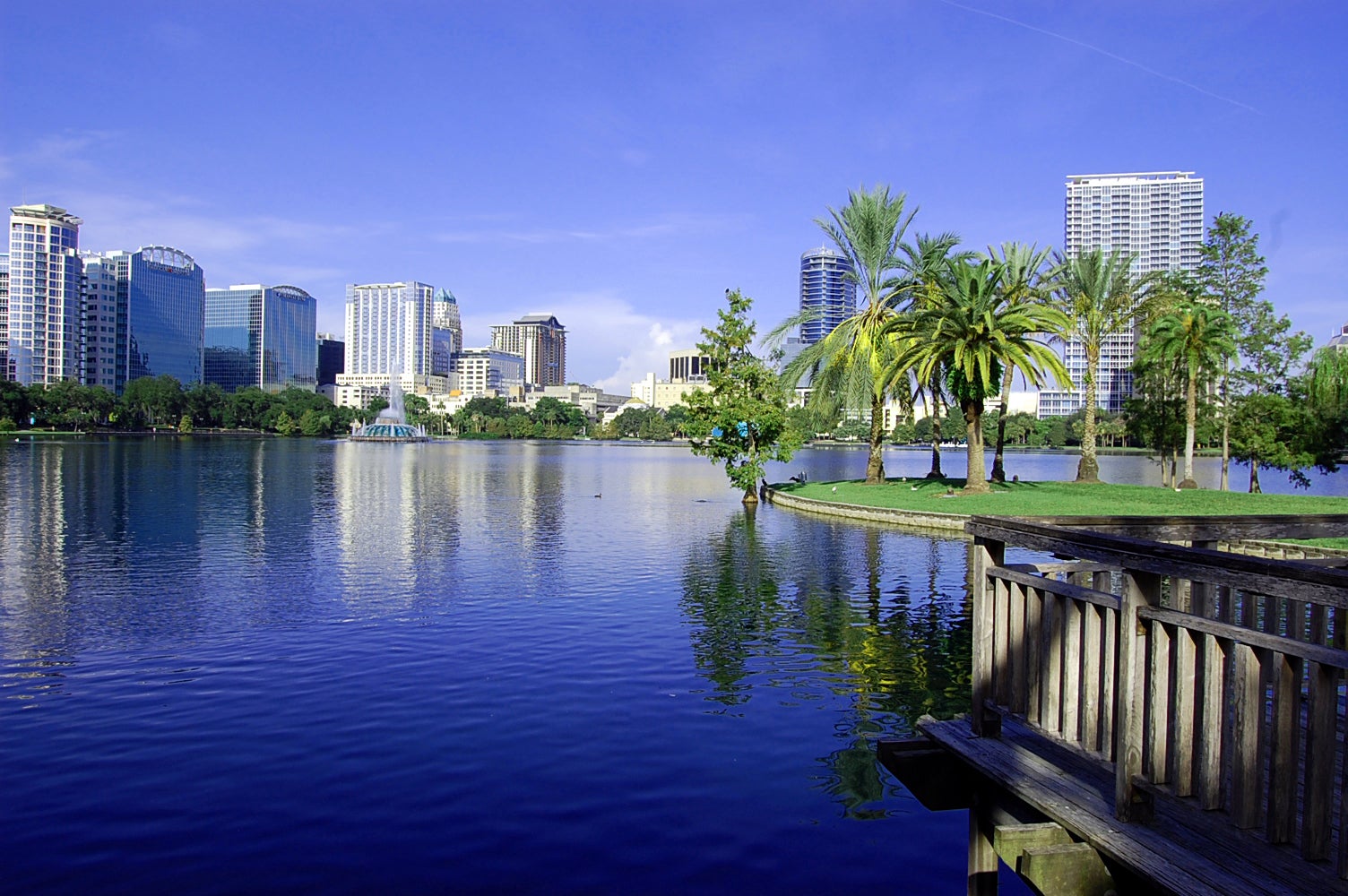
For the majority, the biggest draw in the US is not a city so much as a collection of theme parks, which is a major loss on their part, as the actual city of Orlando is a bright, modern setting of parks, museums, performing arts and excellent restaurants (with 48 in the 2024 Michelin Guide). The downtown is a mélange of thriving districts, studded with immigrant cultures from Cuba, Vietnam and Latin America, as well as craft breweries, while the city suburbs of Winter Park and Winter Garden are inviting destinations in their own right, with distinct café society vibe.
Read more: Best hotels in Orlando
Key West
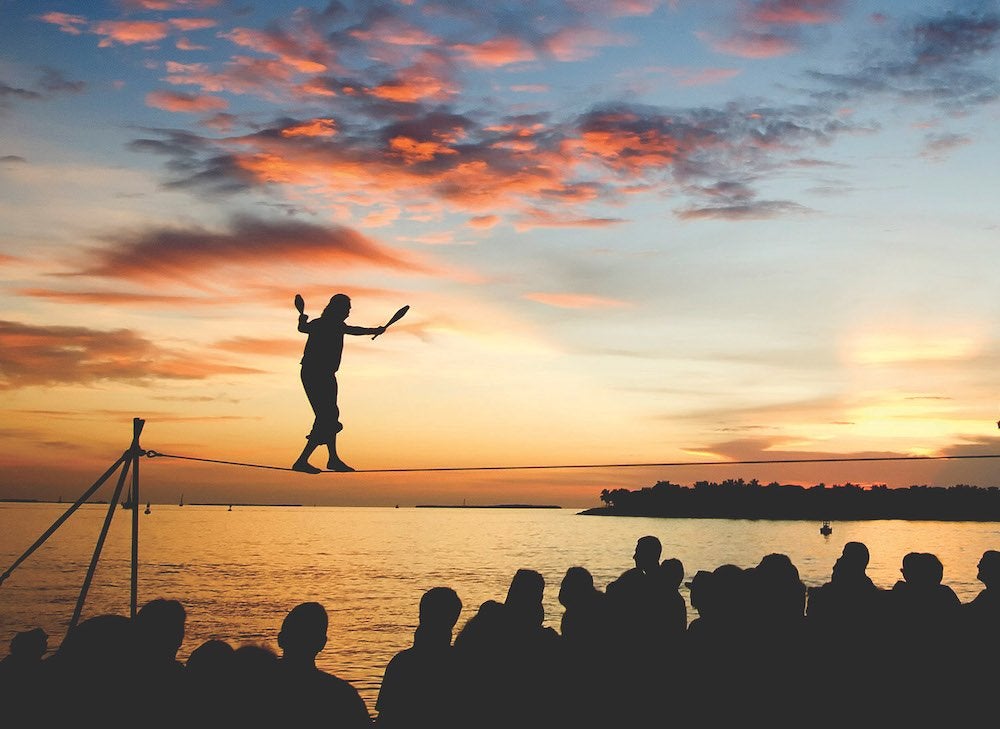
Known as the principal hangout of full-time drinker and part-time writer Ernest Hemingway, the US’s southernmost city of the contiguous 48 is a bubbling concoction of bars, brews and beaches, and has a thriving LGBT+ scene. Built on its signature sunsets and the big game fishing that first attracted Hemingway, Key West best exhibits the ‘Floribbean’ flavour that mixes Florida with the Caribbean and treats flip-flops as de rigueur. But whisper it quietly: this is also now the place for fine dining and luxury resorts, in sharp contrast to Duval Street – the city’s version of New Orleans’ Bourbon Street.
Tallahassee
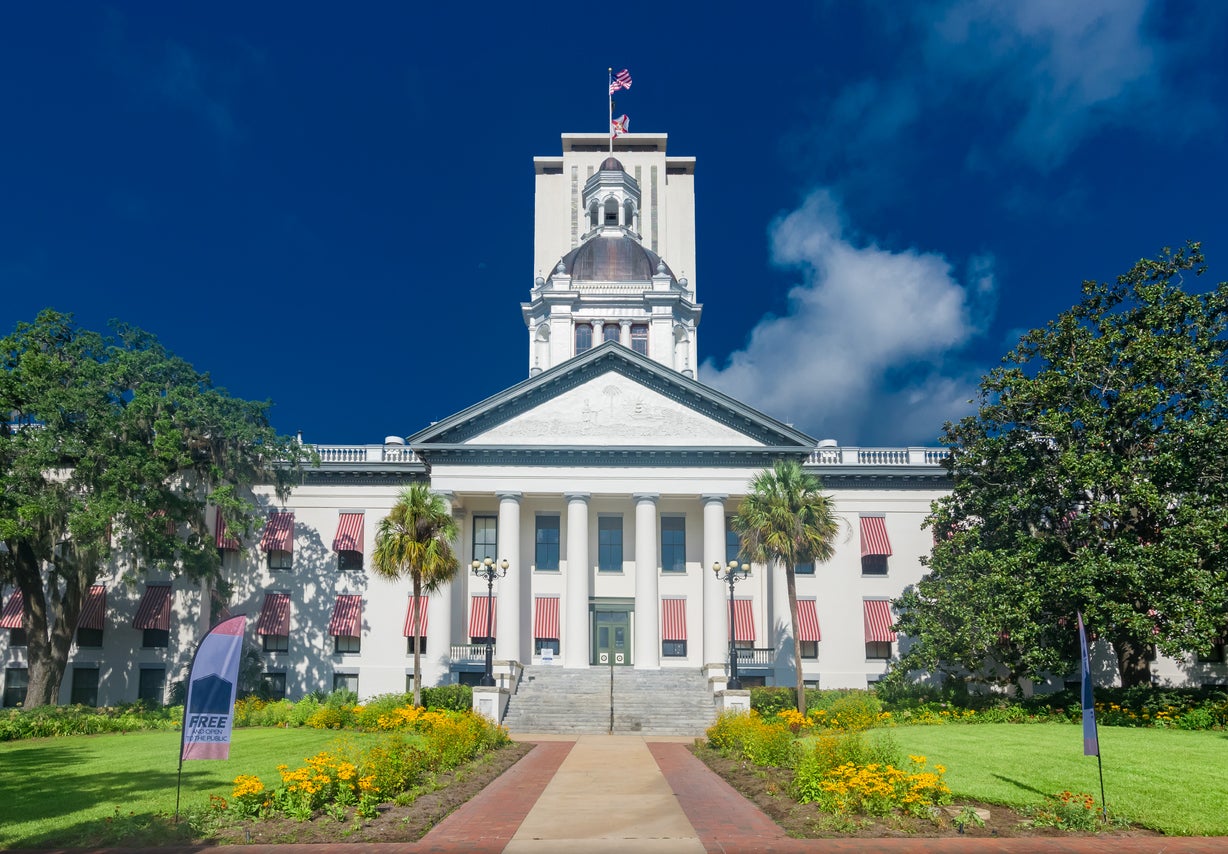
Virtually all of Florida’s politics are centred on this idiosyncratic city of 200,000 souls that has more in common with its southern neighbours Alabama and Georgia than it does with the rest of the Sunshine State below it. Its numbers are also boosted by around 70,000 during college term time as one of the biggest university towns in the south-east, including Florida State and Florida A&M universities. The latter ensures there’s a healthy arts and cultural scene to go with a rich African-American heritage that includes the Frenchtown and Smokey Hollow districts, along with the John G Riley House Museum.
Read more: Why you should visit the southern states
St Augustine
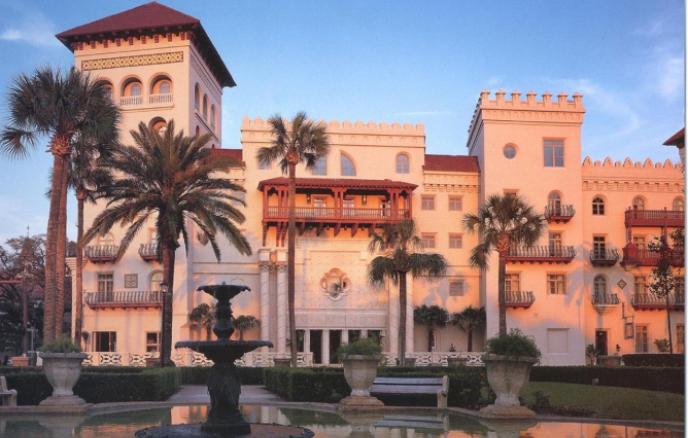
Not many people know this, but America’s oldest city is not in Virginia or Massachusetts but on the east coast of Florida. Dating back to 1565, St Augustine was founded by the Spanish conquistadores on the lookout for the Fountain of Youth, leading to an almighty colonial scramble in this part of the world. The upshot was superb monuments like Castillo de San Marcos and Fort Matanzas, idiosyncratic St George Street, and a cuisine that borrows as much from Mallorcan influences as American. It is also a supremely graceful city with some of the best architecture in the state.
Palm Beach
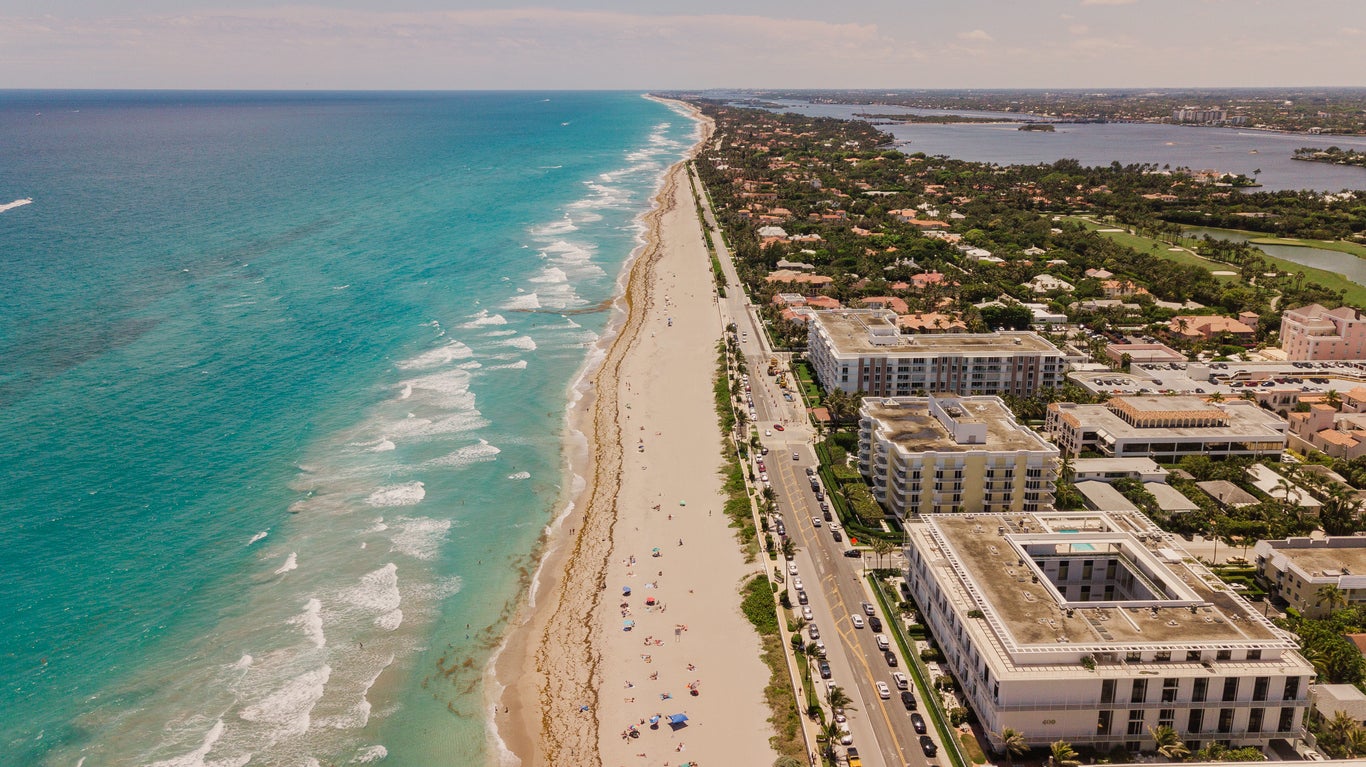
California has Rodeo Drive, and Florida counters with Worth Avenue, the epicentre of Florida shopping chic. This city was established as a hot spot for well-to-do northerners by railroad baron Henry Flagler in 1888, and it has retained its cachet of exclusivity ever since, including Flagler’s former mansion which is now a museum. Its beachy coastline is studded with modern-day mansions, chief among them the Mar-a-Lago Club (home of a certain Mr Trump). Restaurants are equally stylish, most notably at Flagler’s mega 1926 resort, The Breakers, Florida’s answer to historic Hotel del Coronado in California.
Tampa
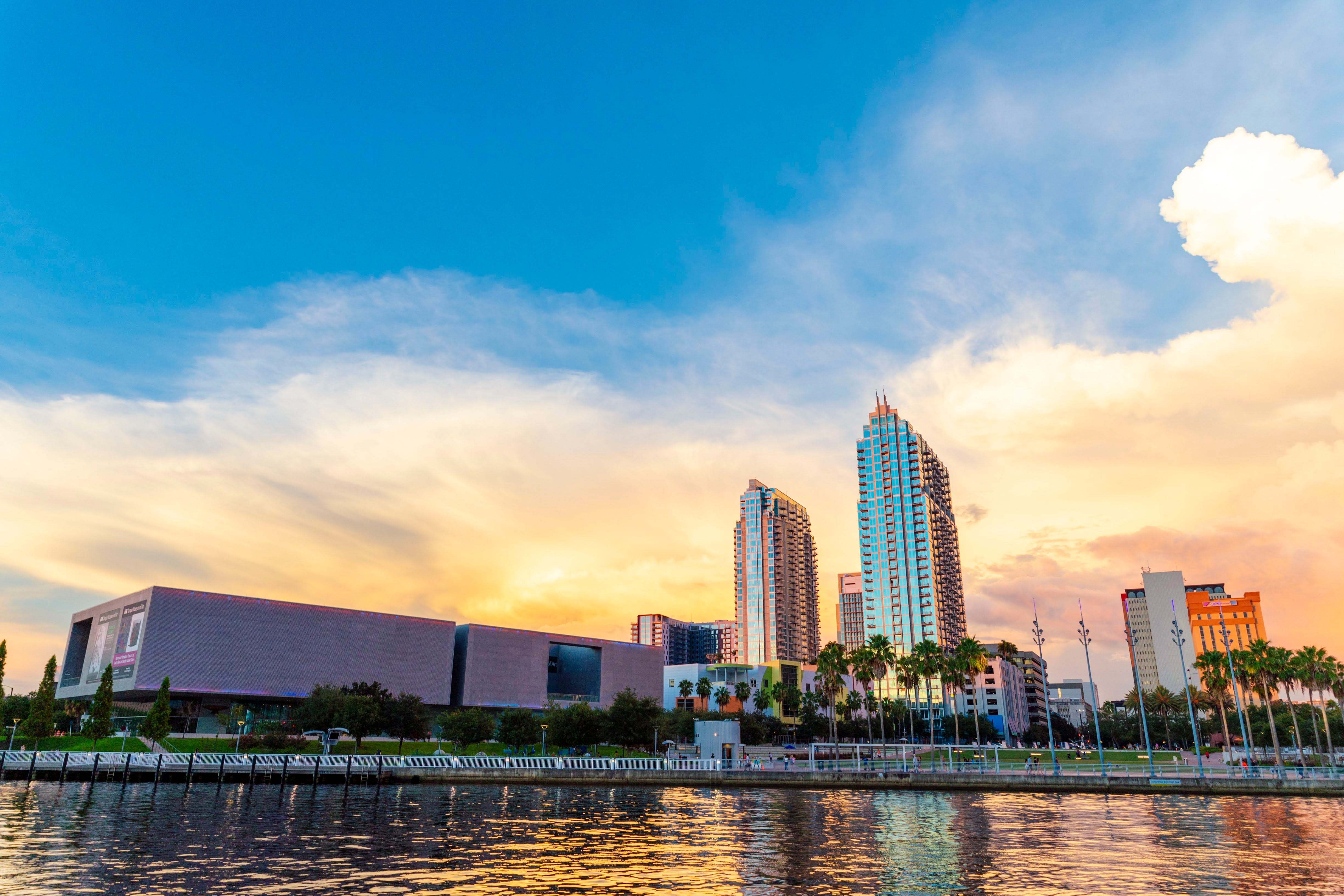
When it comes to mixing 19th-century heritage with contemporary sensibilities, nowhere beats the city by the bay in 2024. With both British Airways and Virgin Atlantic now offering direct flights to this west coast gem, you know it has to be an in-vogue destination, and here’s why. Its Riverwalk axis is one of the most eye-catching in Florida; it is the state’s powerhouse for craft breweries; it is fast assembling a catalogue of upscale resorts, including the unique Epicurean Hotel, which fully lives up to its gourmet name; and it boasts a captivating back-story as the ‘cigar capital of the world’.
Miami
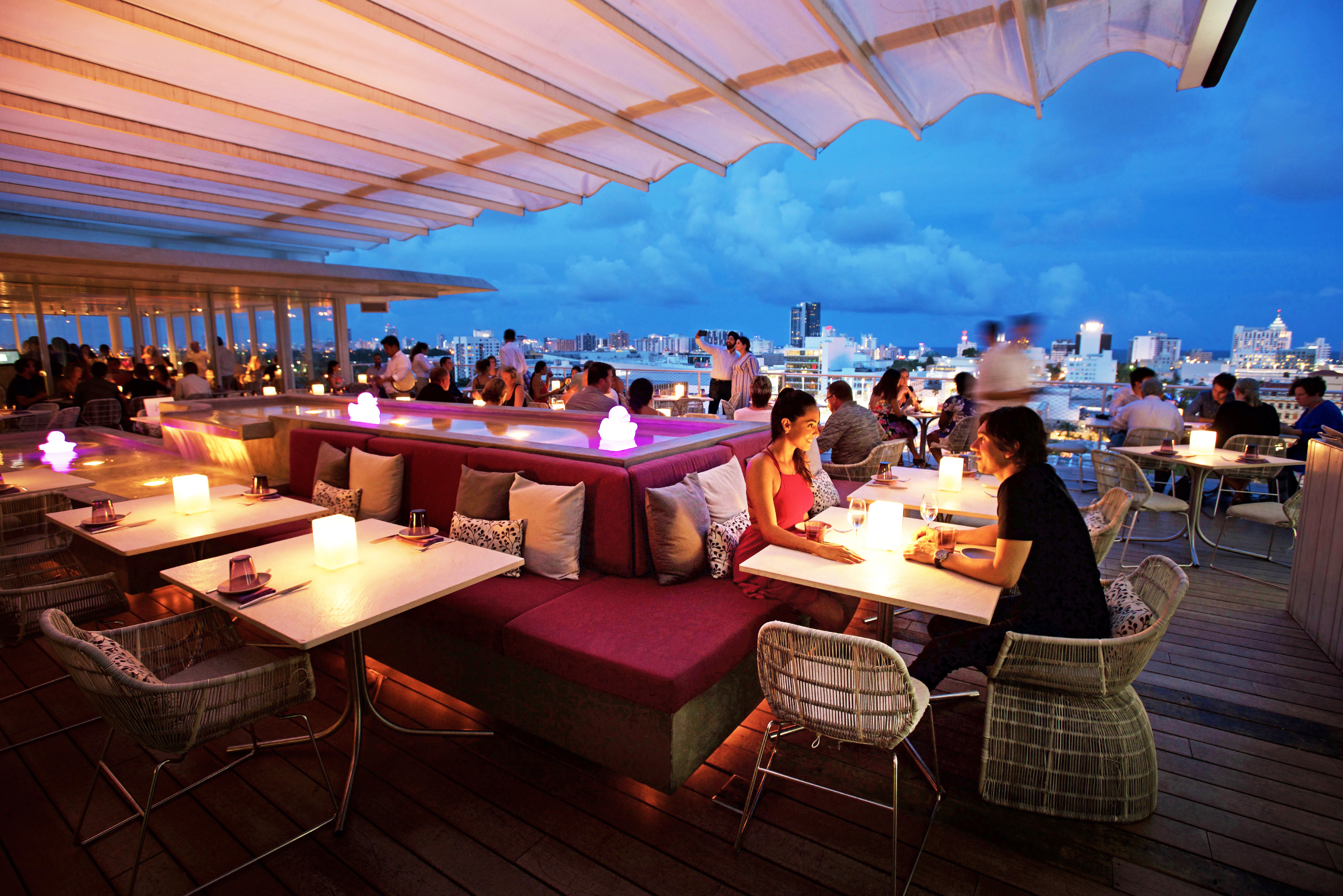
You could be forgiven for thinking Miami is both North and South American in origin. The Latin vibe is unmistakable, fuelled by Cuban and Puerto Rican immigrants and exhibited in unabashed style in creative cuisine and glittering nightlife. But then there’s the fab beach-fringed Art Deco district, a testament to a 1930s boom, and a modern art culture so highly regarded it stages America’s annual artistic tour de force, the Art Basel show. Add in designer shopping, thrilling sports teams and the natural wonderland of the Everglades on Miami’s doorstep, and this is a multi-hued city experience indeed.
Read more: How to explore Wynwood, Miami’s coolest neighbourhood
Jacksonville
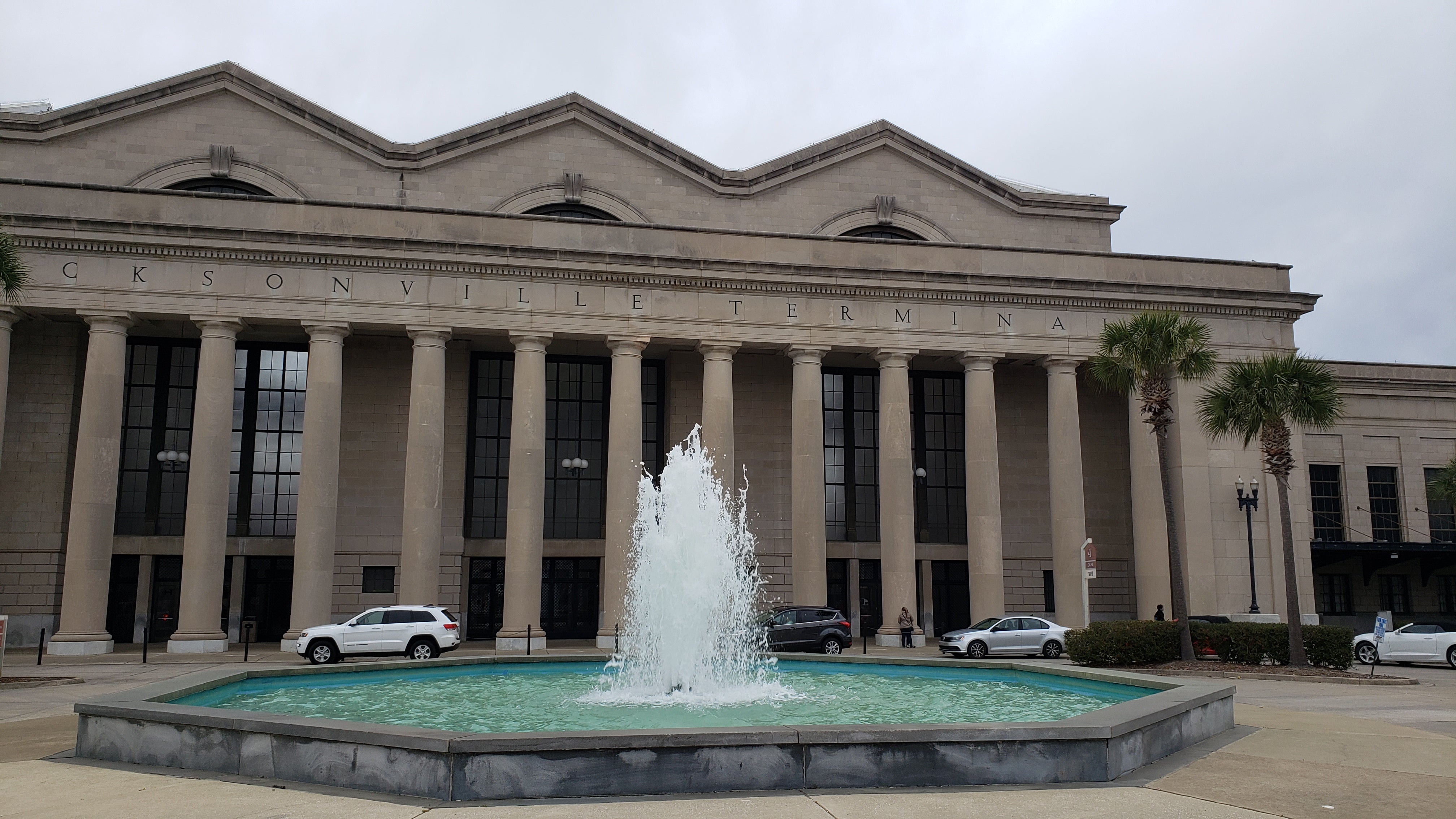
If you thought any of the above were Florida’s largest city, here’s another surprise – it is Jacksonville, and it’s not even close, with more than twice the metro residents to nearest contender Miami (one million to 480,000). With the largest urban park system in the US, the youngest median age of any city (36) and its own beach culture, it has largely ploughed a lone furrow in modern times, focusing on the arts, sport and its music heritage as ‘the Harlem of the South’. Its fish camp restaurant background adds another tempting string to its bow, tied up with the local seafood speciality of Mayport shrimp.
Read more: The best California cities to visit on your next holiday, from LA to Santa Barbara







